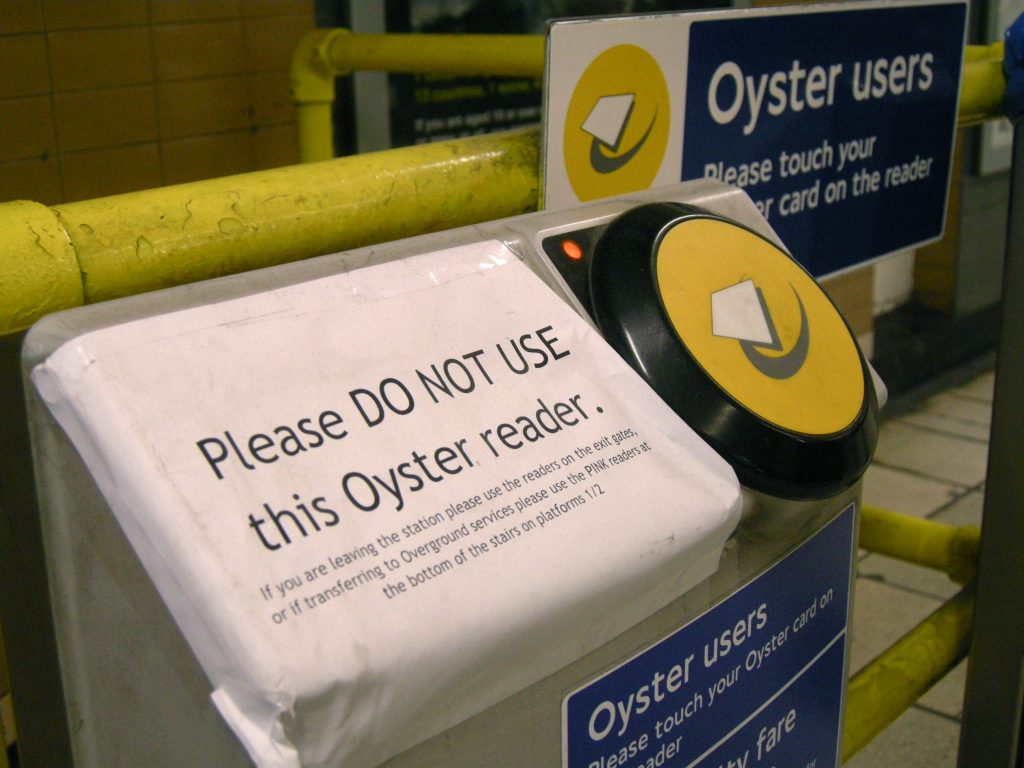Not buying a ticket costs travel companies lots of money, but some people think public transport should be free anyway.
Fare-dodging - using public transport without paying for a ticket - is pretty common. One in four Brits admitted to Sky News that they’ve done it. The same proportion (perhaps not surprisingly) implied it wasn’t a big deal, calling it a “victimless crime”. But transport companies disagree. They say that people skipping fares costs them a lot of money - Transport for London (TfL) claim they lose £100 million a year to it.
There are plenty of knock-on effects when a business makes less money than it should have. Companies with lower revenues might pay less tax, invest less money into improvements to their service, and give less money to shareholders (part-owners of the company, who are often rich people, but can also be things like pension funds). And if the losses tip them into being unprofitable then to avoid bankruptcy they may cut back services, lay off staff (or freeze their wages), and/or raise ticket prices.
For these reasons, some people would like to crack down harder on fare evasion - perhaps by hiring more ticket inspectors or upping the penalties for being caught. But others think that’s unfair and disproportionately likely to target people who are less well off (on the basis that many fare dodgers may be struggling to make ends meet or skipped the ticket queue because they couldn't afford to be late to work). And there’s also a growing lobby of people who think that because more use of public transport would help society do things like combat climate change and ease congestion, it should be made completely free to use, and paid for through things like higher taxes on car use and more toll roads.
Read our explainer on: laws and legal institutions.

